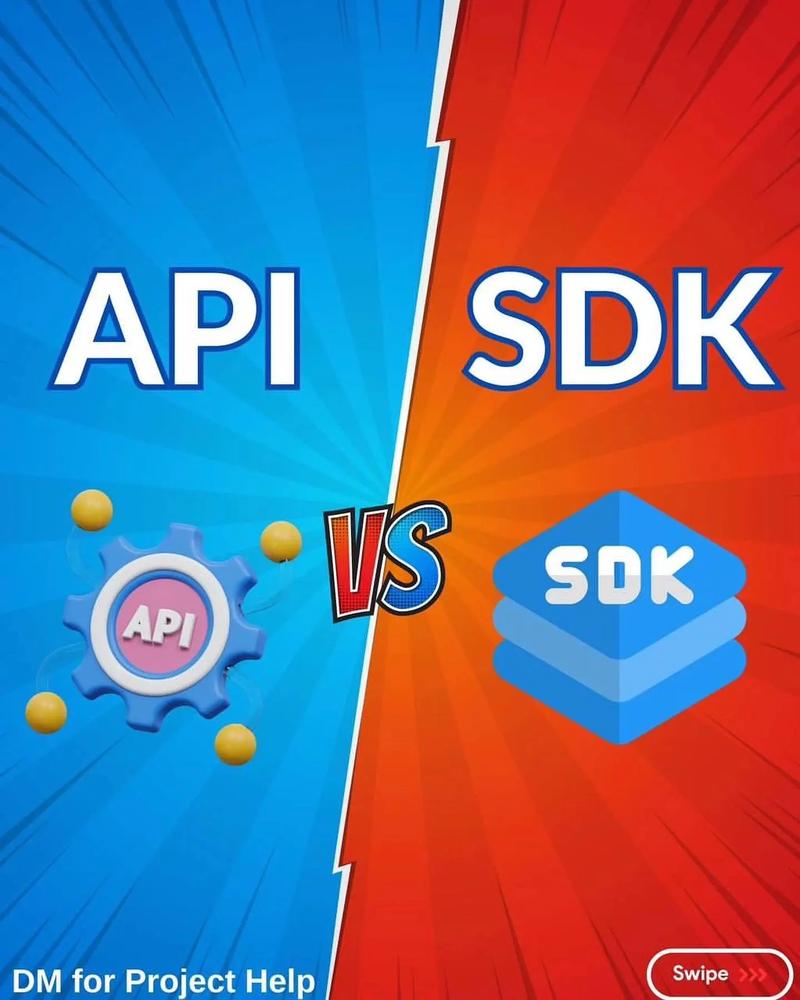开源英文一般是指 opensource 或 opensource software。这个词组在软件开发范畴广泛运用,指的是一种软件的发布方法,答应用户自由地运用、研讨、修正和分发该软件。开源软件一般遵从特定的许可证,如GPL、MIT或Apache许可证,这些许可证规则了用户对软件的运用和分发方法。
开源软件的优势包含:
1. 透明度:开源软件的源代码对所有人敞开,这意味着用户能够检查、了解和修正软件的内部作业原理。
2. 社区支撑:因为开源软件一般由一个社区保护,因而用户能够从社区取得协助和支撑。
3. 立异和协作:开源软件鼓舞用户奉献代码和改善主张,这有助于软件的快速迭代和改善。
4. 本钱效益:开源软件一般是免费的,或许至少比商业软件廉价,这关于预算有限的个人和安排来说是一个重要的优势。
5. 灵活性:开源软件能够依据用户的需求进行定制和修正,以满意特定的需求。
开源软件的比如包含Linux操作体系、Mozilla Firefox浏览器、WordPress内容管理体系等。这些软件在全球范围内被广泛运用,并且在各自的范畴内具有明显的影响力。

Open source has become a cornerstone of the modern technological landscape, fostering innovation and collaboration on a global scale. This article delves into the world of open source, exploring its definition, benefits, and the communities that thrive within this ecosystem.

Open source refers to a collaborative approach to software development where the source code is freely available to the public. This means anyone can view, modify, and distribute the code, often under a specific license that outlines the terms of use.

Community Collaboration: Open source projects often attract a diverse group of contributors, leading to a wealth of ideas and solutions.
Transparency: The open nature of the codebase allows for transparency, making it easier to identify and fix bugs.
Cost-Effectiveness: Open source software is typically free to use, which can significantly reduce costs for businesses and individuals.
Customization: Users can modify the code to suit their specific needs, leading to highly customized solutions.

Open source projects are often driven by communities of developers, users, and enthusiasts. These communities play a crucial role in the success of open source projects:
GitHub: As the world's largest software development platform, GitHub hosts millions of open source projects, making it a hub for collaboration and innovation.
Linux Foundation: This organization supports the growth of open source technology, providing resources and infrastructure to help projects thrive.
Mozilla Foundation: Known for its Firefox web browser, Mozilla is a prominent advocate for open source and web standards.
Several open source projects have become household names, demonstrating the power of collaboration and innovation:
Linux Kernel: The Linux kernel is the core of the Linux operating system, providing a stable and secure platform for a wide range of devices.
Apache HTTP Server: This widely-used web server software powers millions of websites, providing a robust and scalable platform for web hosting.
MySQL: As an open-source relational database management system, MySQL has become a popular choice for web applications and data storage.
While open source offers numerous benefits, there are also challenges and concerns to consider:
Security Risks: Open source projects can be vulnerable to security threats, as anyone can review the code and potentially identify vulnerabilities.
Quality Control: The open nature of the codebase can lead to a lack of consistency in quality, as contributions come from a wide range of developers.
Commercial Viability: Some businesses may be hesitant to adopt open source software due to concerns about long-term support and maintenance.

The future of open source looks promising, with continued growth and innovation expected in the following areas:
Artificial Intelligence: Open source projects are increasingly involved in the development of AI technologies, making them more accessible to a wider audience.
Blockchain: Open source is playing a significant role in the development of blockchain technology, fostering innovation and collaboration in this emerging field.
Healthcare: Open source is being used to develop tools and platforms that can improve patient care and outcomes.

Open source has revolutionized the way software is developed and shared, fostering innovation and collaboration on a global scale. As the world continues to embrace open source, we can expect to see even more groundbreaking projects and technologies emerge.

下一篇: 区块链职业开展远景,立异驱动,未来可期